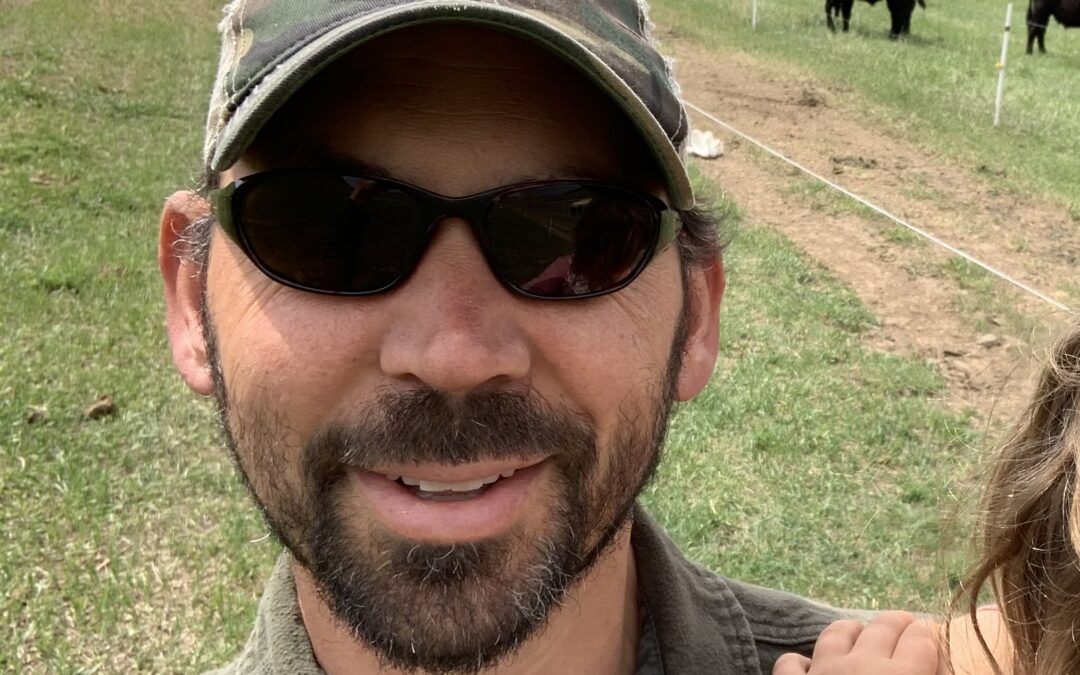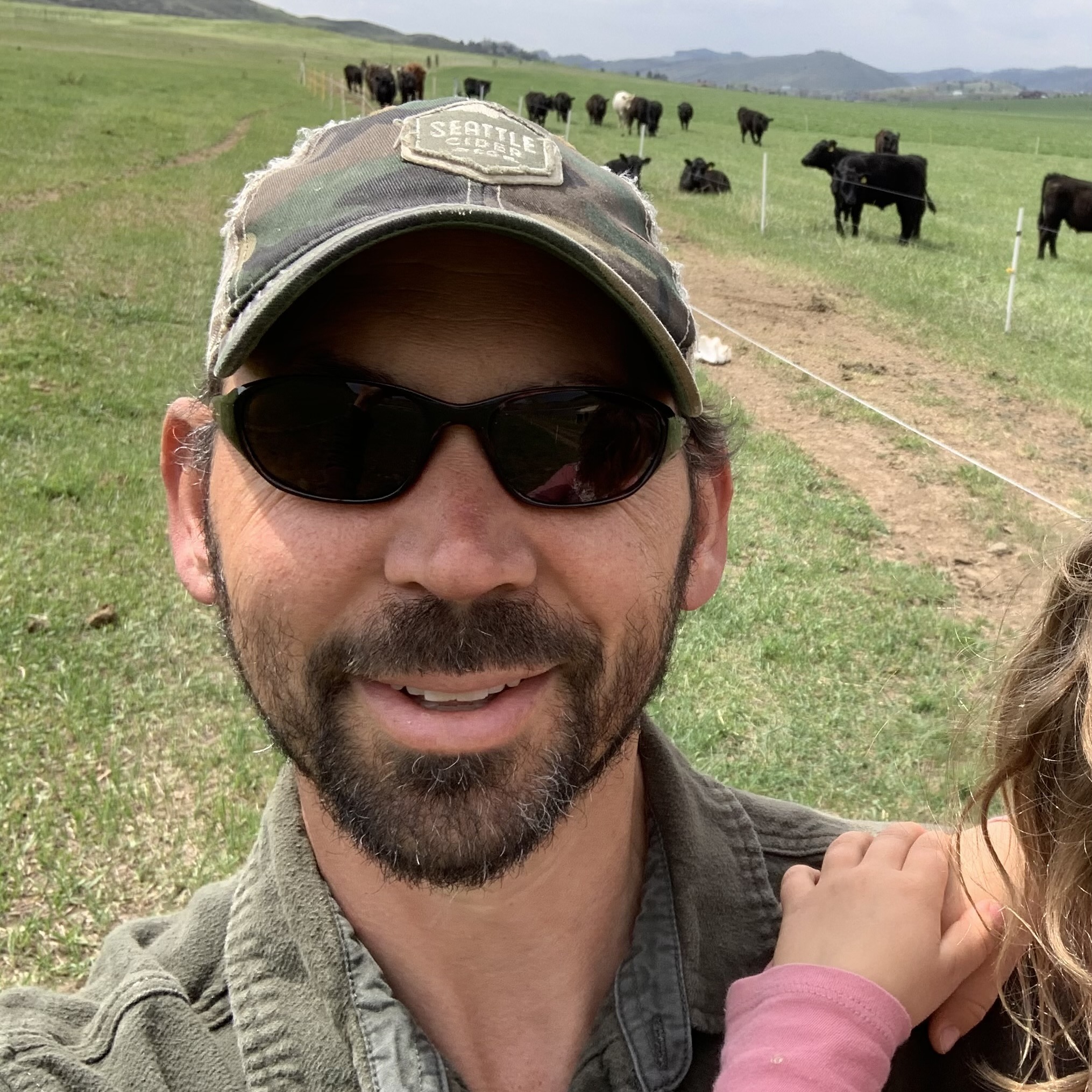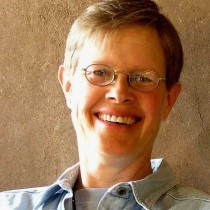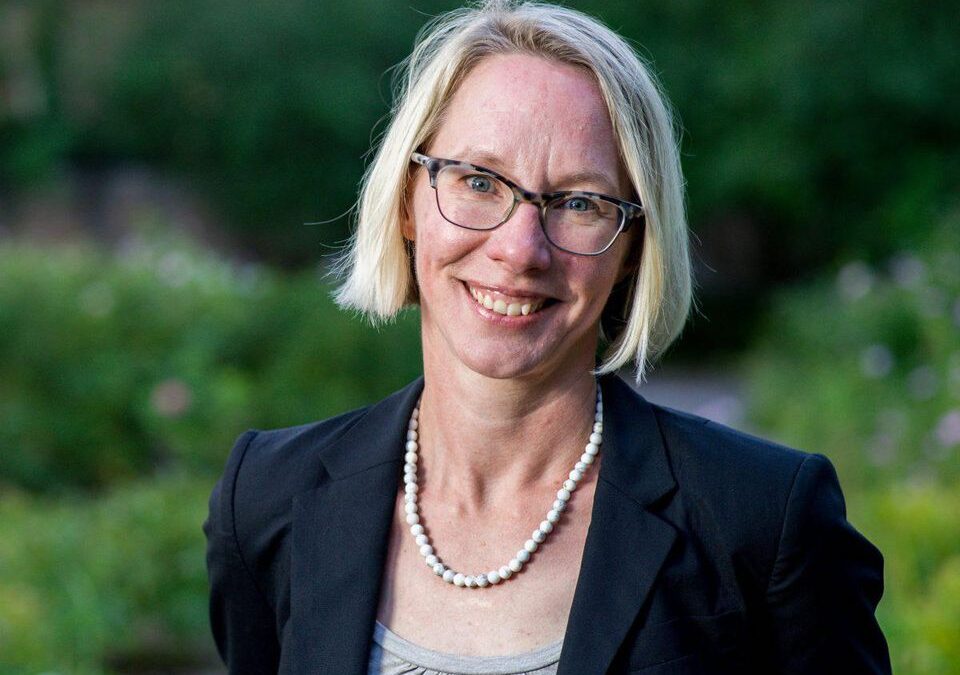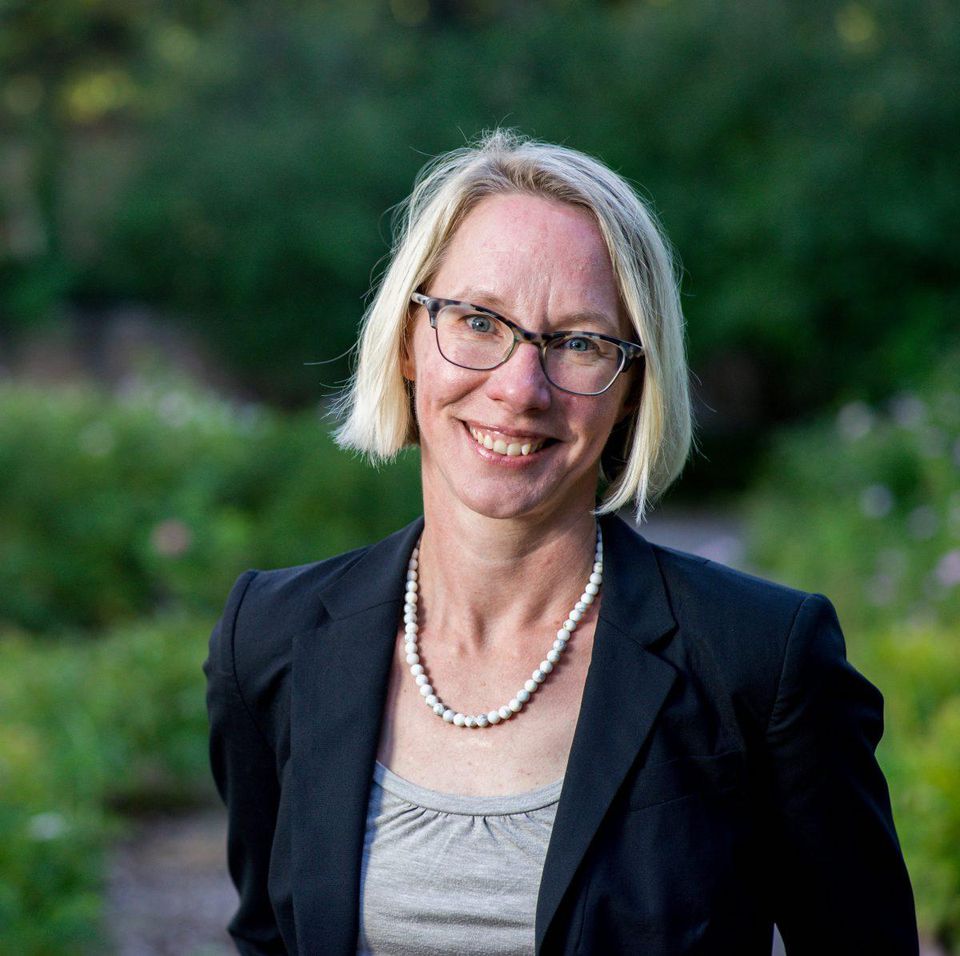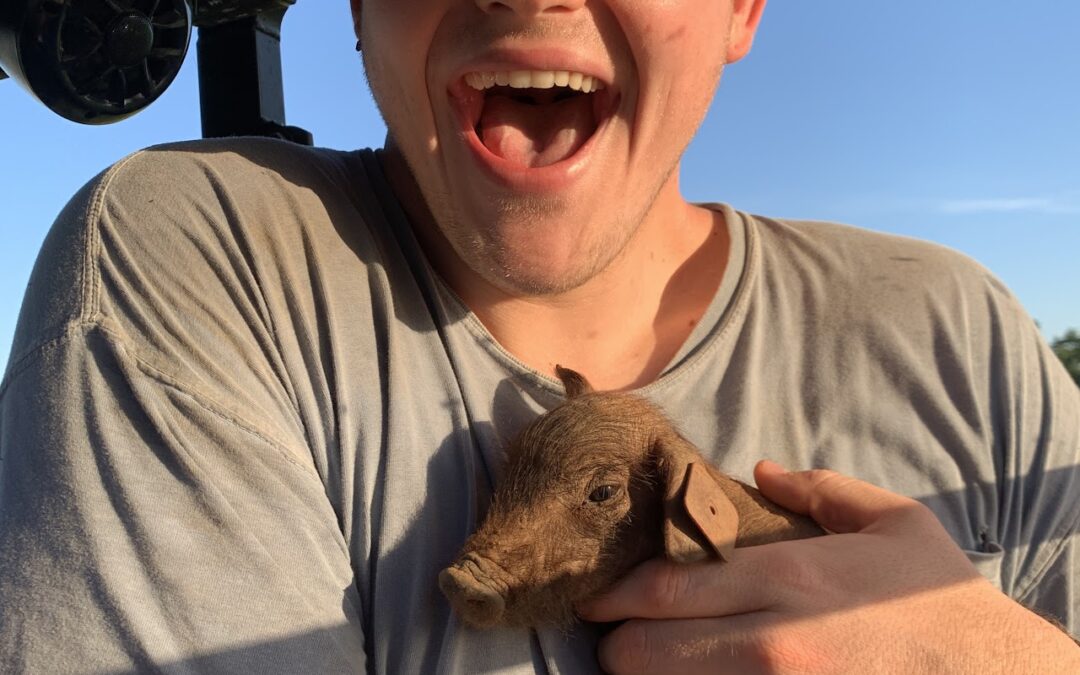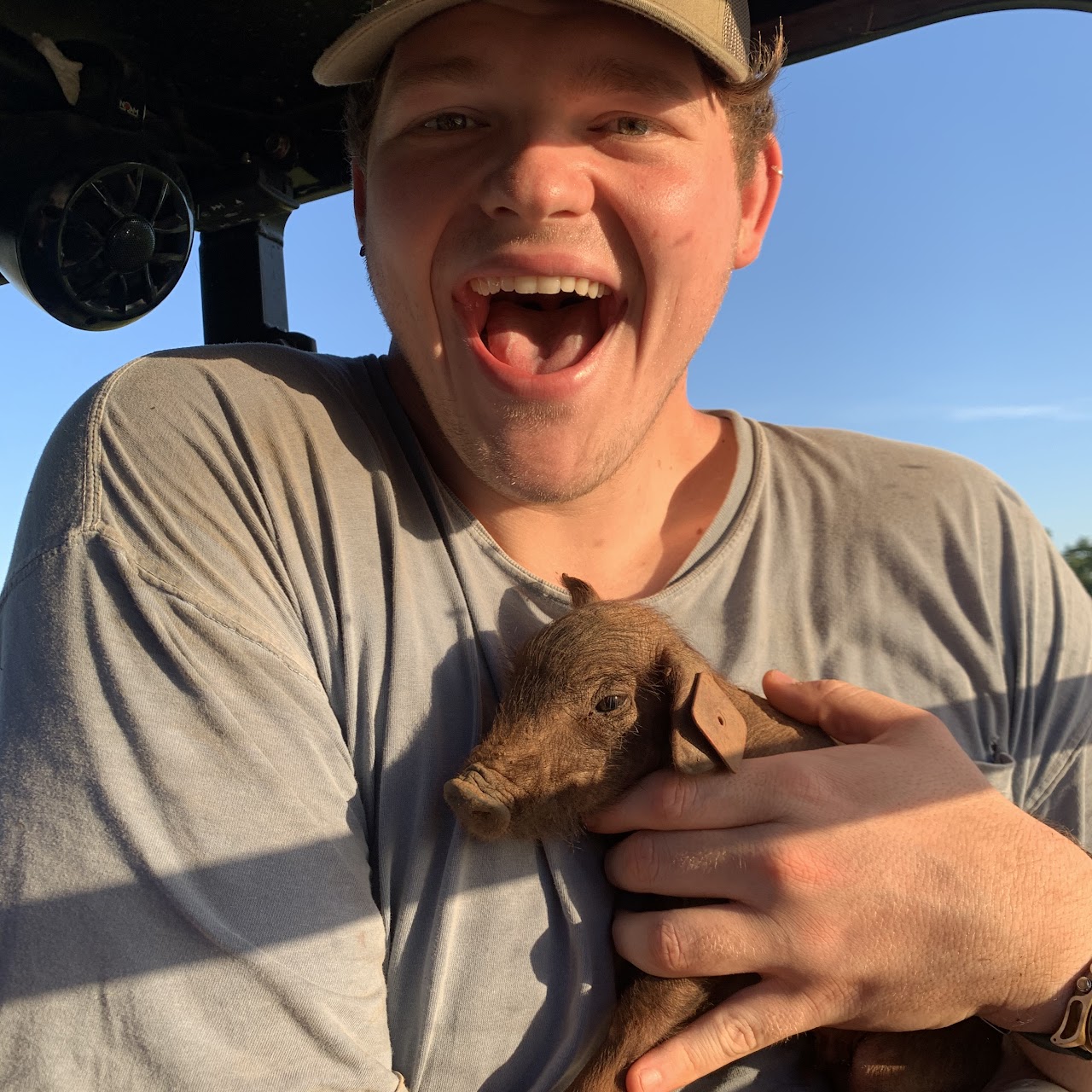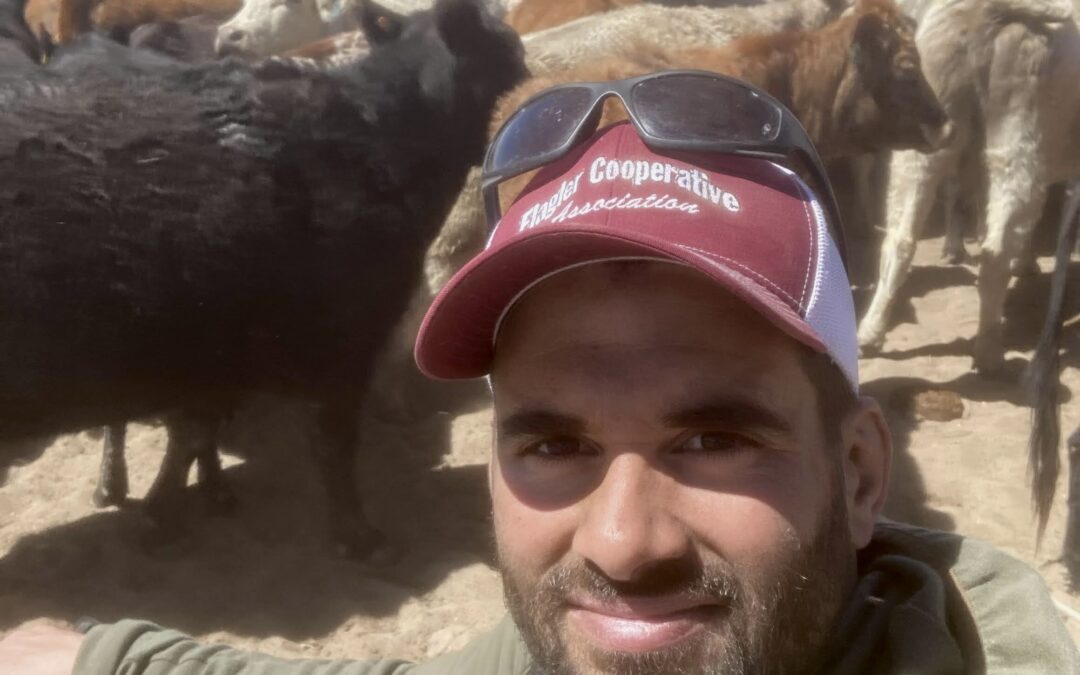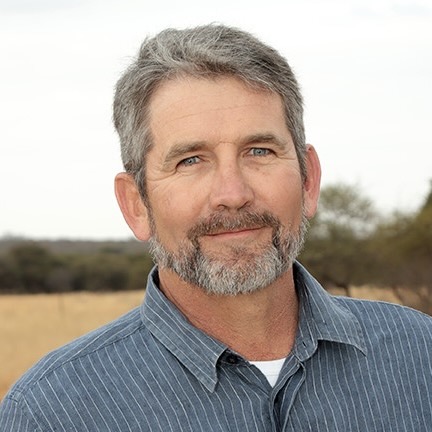
Wayne Knight
Wayne Knight

With 27 years of ranching experience using Holistic Management, Wayne has had an identity crisis. When he joined the 11 000-acre family ranching business he called himself a cattle rancher. He changed to calling himself a grass farmer. Later still, he called himself a soil-microbe farmer, though he has always marketed beef. Privileged to work with his father, Tom Knight, who was an early adopter of Holistic Management under Allan Savory – Stan Parsons consulting, Wayne enthusiastically increased and intensified the practices HMI teaches. He became a Certified Educator in 2006 and was actively involved with the Southern African CE community organization, Community Dynamics. He has spoken at numerous conferences in Southern Africa, trained and mentored farmers, hosted open days on his property, and has written about his positive results using Holistic Management. Before joining the team at HMI Wayne served as a board member of the organization for 8 years. Through his enthusiasm for Holistic Management Wayne has traveled widely visiting farmers who practice high-density, long recovery grazing practices in Southern Africa, Australia, and the US. As a young graduate with a Science degree in Agricultural Economics from the University of Natal, South Africa, he traveled across the US west working on ranches in Nebraska, Kansas, Colorado, California, and New Mexico. When not involved in Holistic Management you will find him fishing, birding, hiking, or exploring wild spaces and places with his family. An enthusiastic traveler, hunter, and photographer, he loves discovering new places and making new friends.
Webinar Week
Low-Cost, Low-Risk Grazing
In this 90-minute webinar, experienced grazers Wayne Knight & Linda Pechin-Long will examine risk, stress, and quality of life in production decisions and share their experience with the “Safe-to-Fail Trial” method for grazing management.
